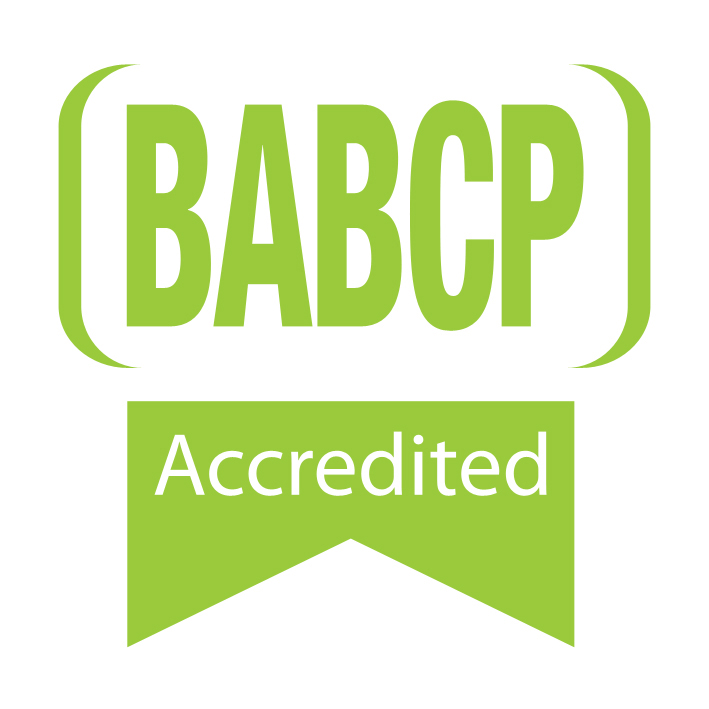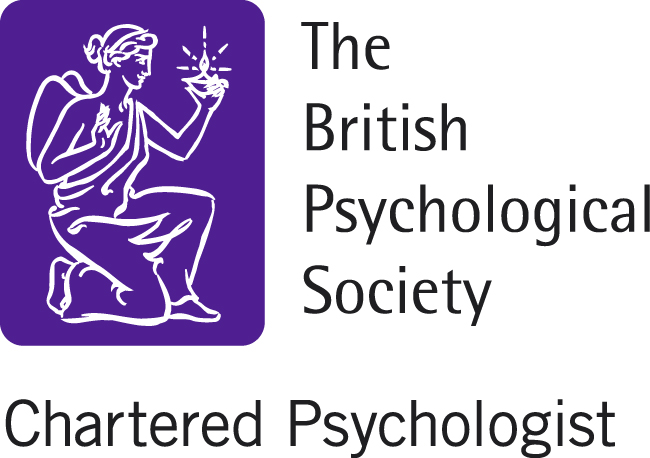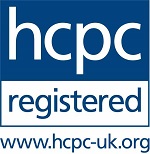Assessment and Treatment of ADHD
As an expat or someone living far away from a specialist centre for neurobehavioral disorders, you’ll know how hard it is to find English-speaking psychologists.
We are experienced UK qualified clinical psychologists providing online assessment and diagnosis of Attention Deficit Hyperactivity Disorder (ADHD) using internationally recognised, reliable tools.
Our therapy uses proven methods such as Cognitive Behavioural Therapy (CBT).
According to patient need and preference we can supplement it with other therapeutic approaches such as Dialectical Behavioural therapy (DBT), Acceptance and Commitment Therapy (ACT), Mindfulness-Based Cognitive Therapy (MBCT) and Compassion-Focussed Therapy (CFT).
Download here a guide to the assessment process in adults and adolescents, and here for children aged 12 and under. You can find out more about QBCheck, one of the tests we administer here.

What does a diagnostic assessment for ADHD look like?
Our assessment and diagnosis process follows best practice guidelines of the UK National Institute for Health and Care Excellence (NICE, 2018). To assess and diagnose ADHD in young people or adults information about the symptoms are gathered from various sources. It is important to have the perspective of the patient as well as others significant in their life (‘informants’ or ‘observers’). As ADHD is considered a ‘neurodevelopmental’ condition, the symptoms must have started before the age of 12 years old and continue to the present. It is for this reason that we ask for school reports if they are available, and to speak to a parent. It may also be helpful to speak to a partner, friend or sibling who knows the patient well and can comment on their symptoms now. If it is not possible to involve an informant live in the interview, then contact can be made by email and questionnaires completed instead. Sometimes adults are not able to include informants or find school reports. It is still possible to arrive at a diagnosis but having access to information from an informant increases the confidence with which the diagnosis can be given. If a report is needed for an employer, school/college, or to request NHS services, please let us know. The amount and detail of documentary evidence required by different bodies varies. This will be reflected in the length and complexity of our report, and hence our fee.
The psychological assessment process can take place in person, remotely by video call, or a combination of both. All are equally valid. Please note that sometimes the assessment involves another professional, and/or the meeting is recorded. If this is to be the case, it will have been discussed with you first and your consent gained. An ADHD Full Diagnostic Assessment is broken down into two stages, each with smaller steps:
Part 1: Initial Consultation (‘ADHD Suitability Assessment’)
- Questionnaires are sent out to the patient and their informants and returned to us a minimum of two weeks prior to the first appointment. They will include questionnaires on ADHD, but also other neurodevelopmental conditions and mental health problems that are known to commonly co-occur with ADHD.
- Initial consultation - psychological assessment interview: This lasts 90 minutes and amongst other topics will explore current problems, including any mental health issues experienced in the past or currently. In the case of adults, this is usually alone, but sometimes it is helpful to have another person who is close to the patient present for part of the meeting. For assessments of children and young people the parent would be expected to be present for at least part of the interview. One of the aims of this interview is to check the ‘suitability’ of further diagnostic assessment, i.e. whether ADHD is sufficiently likely to warrant further assessment.
Optional: Sometimes health insurers require this initial assessment before they will authorise payment for the full diagnostic assessment. If this is the case, your fee will include a brief report indicating our recommendations.
Part 2: ADHD Full Diagnostic Assessment
- Structured diagnostic interview 90 mins. Ideally, this would include a parent, or someone who knew the patient well before the age of 12 years old. A partner or friend who knows the patient well now is also welcome to attend.
- School reports or documentary evidence of childhood functioning before the age of 12 are sent to us if available.
- Completion of further questionnaires may be requested if there are any areas of functioning requiring further clarification.
- Feedback meeting 30 minutes. We share our opinion on whether the criteria for a diagnosis of ADHD has been met or not. We will then explain why we gave the diagnosis, or in cases where the diagnostic criteria have not been met, why we have not made the diagnosis. We will make recommendations for further treatment.
Optional: If the option of having a report has been chosen, a draft report is shared by email and any requested amendments made. The report is then finalised and can be shared with others. One of our recommendations may include therapy. If we do recommend this, we cannot guarantee this will be with the same psychologist who conducted the assessment originally, or follow on immediately after the assessment.
Please note: If there are multiple complex difficulties then further assessment sessions and/or liaison with other professionals or informants may be recommended. This will always be discussed first. For example, there may be symptoms of an additional neurodevelopmental condition such as Autistic Spectrum Disorder or Tourette’s, or cognitive or executive function difficulties which require observational or performance-based assessments. In the case of children or young people seeking supporting evidence for an application for access arrangements/reasonable adjustments at school/college/university exams a cognitive assessment is very likely to be needed. These additional investigations will incur a further cost to be negotiated. If you are thinking of medication in the future, you would need to be assessed by a Psychiatrist or a Clinical Nurse Specialist who is a licenced prescriber. It may be that a future assessment is less detailed (and therefore cheaper) given that you had already been assessed by us, but of course we cannot guarantee that. Some people do opt for an ADHD assessment by a Clinical Psychologist because they are not interested in medication. Generally, we would say that an assessment by a Psychologist is likely to be more thorough and detailed and give more of a psychological formulation/understanding of the difficulties and therefore perhaps make more detailed behavioural recommendations.
What does therapy for ADHD look like?
We use CBT to help people manage their attention and hyperactivity difficulties. There are two main resources we draw upon: Mastering your Adult ADHD by Steven Safren and colleagues (2017) and Cognitive Behavioural Therapy for ADHD in Adolescents and Adults by Susan Young and Jessica Bramham (2012). Both of these programmes have been well-researched and shown to be effective.
After the assessment has been completed therapy will typically consist of 12 meetings where we address the following domains:
- Organising and planning: You will learn organisation and time management skills so that you can cope with multiple tasks without feeling overwhelmed. Prioritization and problem solving techniques will also be taught.
- Reducing distractibility: You will learn to improve your attention by reducing external distractors by changing things in your environment and tackling internal distractors by introducing behavioural reward techniques.
- Dealing with unhelpful thinking styles: you will learn about how our thoughts influence our behaviour and we will teach you how to modify thinking patterns if they are getting in the way of you engaging in new adaptive behaviours.
- Overcoming procrastination: You will learn psychological tools to overcome the tendency to put tasks off.
After the initial 12 sessions we hope you will feel more confident managing your ADHD. Your memory should have improved, and ability to function at home and at work will be better. However, some people with ADHD find that their attentional and impulsivity difficulties have caused problems in other areas:
- interpersonal relationships
- anxiety
- low mood
- frustration and anger
- Sleep
We can therefore spend some extra sessions on these emotional elements if you wish. Once you feel confident that you have met your goals, we will offer some monthly 'booster' sessions to help you maintain your progress and support you as apply the strategies independently to your everyday life.
Where do you see people?
We specialise in helping people online by videoconference so our patients can be located anywhere in the world. We also may be able to meet in person, either in the UK, or elsewhere in Europe. If you require us to come to you, please contact us for details. Many of our clients are English speaking expats who are unable to access diagnostic and treatment options in their host country.
Useful materials for clients
Mastering your Adult ADHD by Steven Safren et al., (2017). If you start therapy with us, we will suggest you buy this book.
Cognitive Behavioural Therapy for ADHD in Adolescents and Adults by Susan Young and Jessica Bramham (2012). Although this book is written for professionals, you may also find it useful if you want to understand your ADHD more deeply.
References
- NICE, (2018). Attention deficit hyperactivity disorder: diagnosis and management. London: NICE.
- Safren, S., Perlman, C., Sprich, S., & Otto, M. (2005). Mastering your adult ADHD: therapist guide. In: New York: Oxford University Press.
- Young, S., & Bramham, J. (2012). Cognitive-behavioural therapy for ADHD in adolescents and adults: A psychological guide to practice: John Wiley & Sons.
Useful organizations
UK Adult ADHD Network https://www.ukaan.org/
Living with ADHD (a site for young people and adults with ADHD as well as parents and teachers) https://www.livingwithadhd.co.uk/









